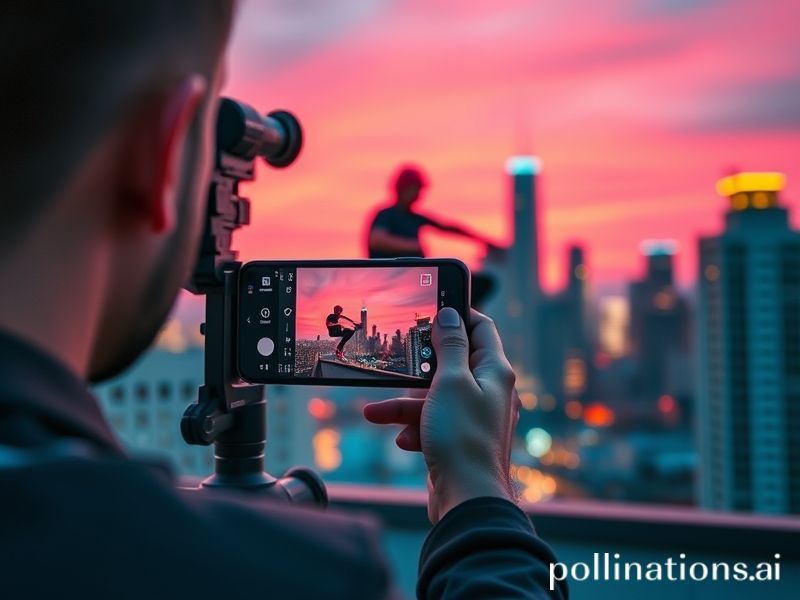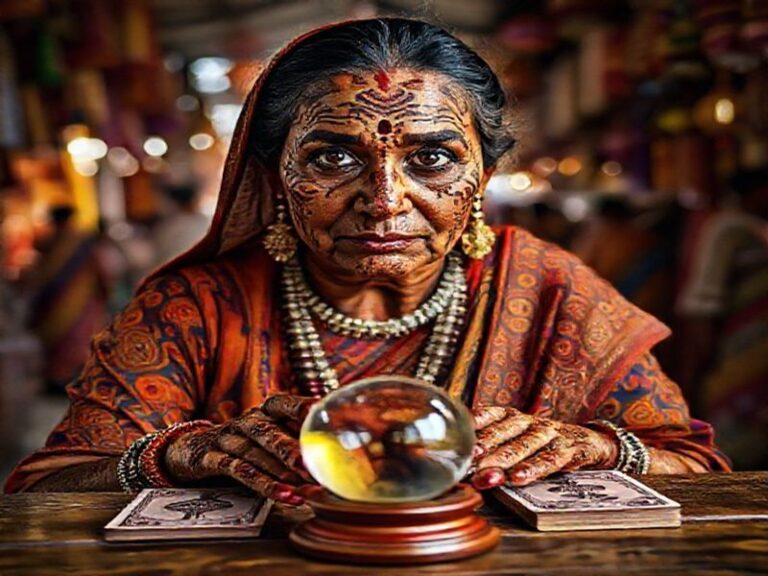TikTok: The Global Dopamine Pipeline Quietly Rewiring Civilization One Scroll at a Time
The Algorithmic Silk Road: How TikTok Became the World’s Most Efficient Delivery System for Cultural Fentanyl
From the marble lobbies of Brussels to the tin-roofed cyber cafés of Lagos, one 15-second clip at a time, TikTok is quietly finishing the job that the East India Company started with opium and Netflix continues with Korean dating shows: the complete flattening of local culture into a single, frictionless scroll. The app, which began life in 2016 as the Chinese karaoke-for-the-doomed called Douyin, now counts 1.5 billion monthly users—roughly the population of Earth minus the people still bothering to read anything longer than a punchline.
Europe’s regulators, bless their parchment hearts, keep threatening to ban it “over data concerns,” as though the continent’s teenagers will suddenly rediscover Schubert because ByteDance is shown the door. Meanwhile, in Jakarta, micro-influencers rent entire studios shaped like giant pink milk cartons to appease the algorithmic gods, while Indian farmers—TikTok’s largest user base until New Delhi evicted it in 2020—migrated to YouTube Shorts with the wistful dignity of refugees clutching only their ring lights. The lesson: you can embargo an app, but you can’t embargo the human craving to be briefly, loudly, irrelevantly famous.
Washington’s bipartisan panic is the richest comedy of all. Lawmakers who still print their emails held hearings where they demanded to know whether China can “turn off Americans’ phones at will.” The answer is probably no, but the mere possibility has united Congress in a way infrastructure spending never could. The RESTRICT Act—legislation so broadly worded it could criminalize a VPN faster than you can say “VPN”—offers the delicious irony that the land of the free may protect liberty by outlawing a platform where teens learn to moonwalk.
Yet the true geopolitical marvel is how TikTok has inverted the old soft-power playbook. Once upon a time the United States shipped Mickey Mouse and Levi’s abroad; now Beijing weaponizes our own dopamine receptors against us, packaged in a UI so sticky it could glue a Tesla to a charging station. The average American teen spends 113 minutes daily on the app, or roughly the time it takes to read one article of the Geneva Conventions, assuming anyone still remembers what those are.
In the Global South, TikTok functions as a portable informal economy. Kenyan dancers earn more from live-streamed tips than Nairobi’s minimum wage; Brazilian favela chefs hawk brigadeiro tutorials to suburban Texans who will never pronounce it correctly. The platform has become the largest unregulated labor market in history, with all the safety guarantees you’d expect from a company whose moderators are outsourced to third-party firms whose NDAs are written in disappearing ink.
And then there’s the war. Ukraine’s Ministry of Defense posts drone snuff films with jaunty Eurodance soundtracks; Russian propagandists splice the same footage and add a kazoo. Both sides understand that the battle for hearts and minds is now fought six inches from a teenager’s face, preferably with a cat filter. The result is the first conflict optimized for vertical video, where every missile strike needs a hook within the first three seconds or the viewer swipes to a recipe for feta pasta.
What comes next? Fragmentation, most likely. Europe will build its own version—imagine TikTok, but every fourth video is a PSA about GDPR compliance. India already has Josh, whose most viral clip last month was a man lassi-boarding down the Ganges. The Chinese domestic app remains blissfully walled off, a reminder that the freest market on Earth still doesn’t trust its own population with an unfiltered internet.
In the end, TikTok is neither savior nor saboteur; it is simply the latest, most efficient mirror humanity has invented to watch itself make faces until the heat death of the universe. The algorithm rewards whatever keeps eyeballs widest, which means it rewards outrage, thirst traps, and cats. If that feels like a grim verdict on our species, console yourself with the thought that at least the cats didn’t have to audition.







